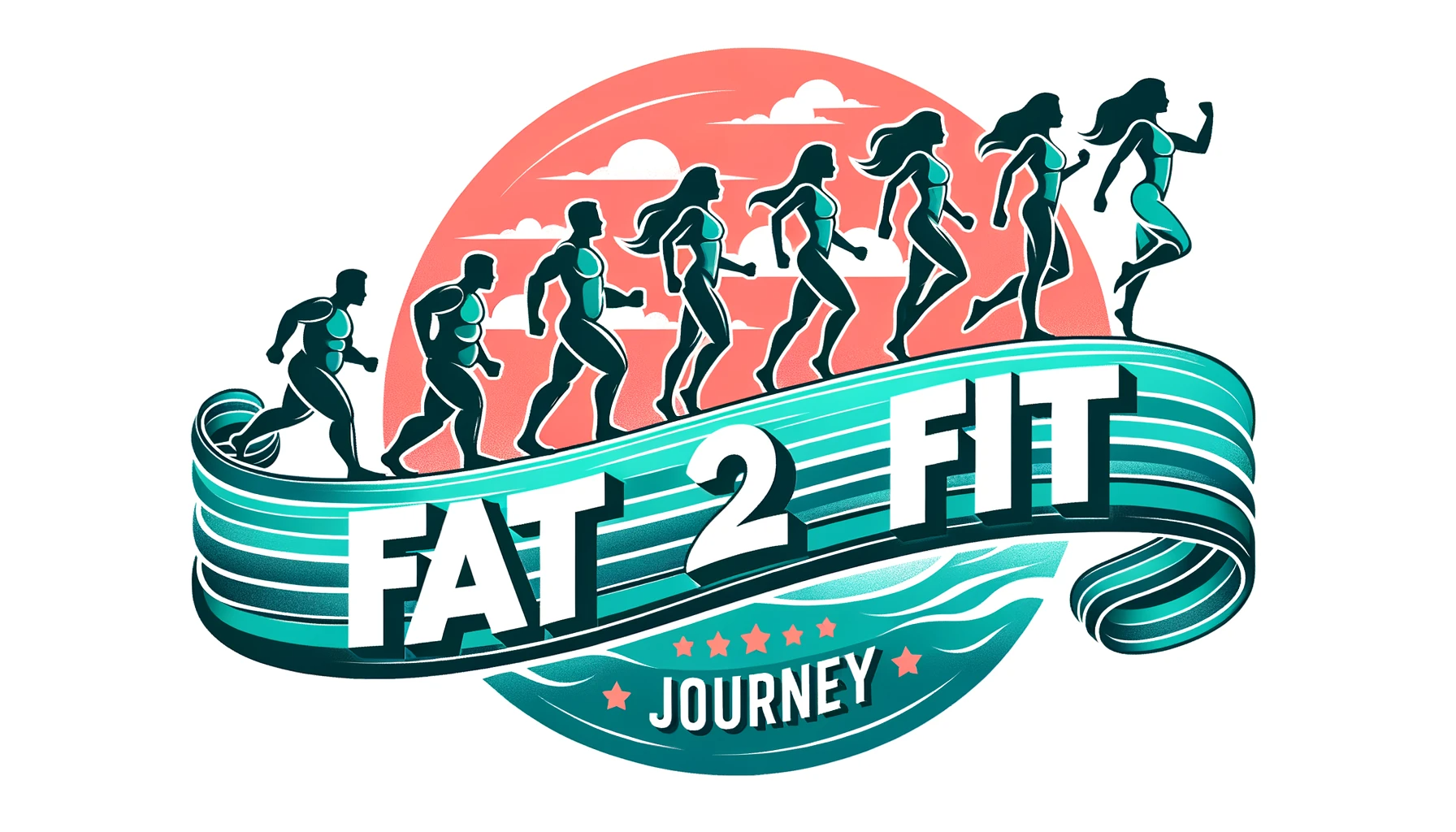Are you looking for a simple yet effective way to improve your overall health and well-being? Look no further than the DASH Diet! This popular eating plan has been gaining popularity for its ability to lower blood pressure and promote heart health. By emphasizing fruits, vegetables, whole grains, lean proteins, and low-fat dairy products, the DASH Diet offers a delicious and nutritious approach to eating that can lead to long-term health benefits. Say goodbye to fad diets and restrictive eating, and say hello to a lifestyle that supports your goals and leaves you feeling great. With the DASH Diet, you can take control of your health and start living your best life.

Table of Contents
What is the DASH Diet?
Overview
The DASH (Dietary Approaches to Stop Hypertension) Diet is a popular eating plan that aims to prevent and lower high blood pressure. It emphasizes a balanced intake of macronutrients, with a focus on increasing the consumption of fruits, vegetables, whole grains, lean proteins, and low-fat dairy products while reducing sodium intake. The DASH Diet is not only beneficial for managing blood pressure but also offers a range of other health benefits.
History
The DASH Diet was developed by the National Heart, Lung, and Blood Institute (NHLBI) in the United States. It was initially created as a dietary intervention to lower blood pressure without medication. The research that led to the development of the DASH Diet was conducted in the 1990s and aimed to find effective ways to prevent and control hypertension. Since then, the DASH Diet has gained recognition and popularity as a well-rounded and healthy eating plan.
Key Principles of the DASH Diet
Balanced Macronutrient Ratio
The DASH Diet encourages a balanced intake of macronutrients, which include carbohydrates, proteins, and fats. It emphasizes the importance of consuming a variety of nutrient-dense foods that provide essential vitamins, minerals, and antioxidants. By promoting a balance of macronutrients, the DASH Diet helps provide sustained energy and supports overall health.
High in Fruits and Vegetables
Fruits and vegetables form a major part of the DASH Diet. They are excellent sources of vitamins, minerals, and fiber, while being low in calories and fat. By incorporating a wide variety of colorful fruits and vegetables into your daily meals and snacks, you can increase your intake of important nutrients and promote a strong immune system.
Low in Sodium
Sodium, commonly found in salt, can contribute to high blood pressure and increase the risk of developing cardiovascular disease. The DASH Diet places a strong emphasis on reducing sodium intake by avoiding high-sodium processed foods and adding minimal salt during cooking. By reducing sodium consumption, the DASH Diet supports optimal blood pressure levels and overall heart health.
Moderate in Dairy and Lean Protein
The DASH Diet includes moderate amounts of low-fat dairy products and lean protein sources such as fish, poultry, legumes, and nuts. These foods provide essential nutrients like calcium, vitamin D, and protein, which are important for maintaining strong bones, promoting muscle growth, and supporting overall health. By opting for low-fat versions of dairy products and lean sources of protein, you can control your calorie intake and maintain a balanced diet.
Benefits of the DASH Diet
Lowering Blood Pressure
One of the primary benefits of the DASH Diet is its ability to lower high blood pressure, a prevalent health concern worldwide. By focusing on a diet rich in fruits, vegetables, and other nutrient-dense foods, the DASH Diet can effectively regulate blood pressure levels and reduce the risk of developing hypertension.
Reducing Risk of Heart Disease
Since the DASH Diet prioritizes low-sodium and heart-healthy foods, it can significantly reduce the risk of heart disease. By incorporating whole grains, lean protein, and limited amounts of saturated fats and added sugars, the DASH Diet promotes a heart-healthy eating pattern that can lower cholesterol levels and maintain cardiovascular health.
Weight Management
The DASH Diet can also be beneficial for weight management and healthy weight loss. By emphasizing portion control, whole foods, and low-fat options, the DASH Diet helps create a calorie deficit while providing necessary nutrients. This can contribute to sustainable weight loss and improved overall body composition.
Improved Overall Health
The DASH Diet goes beyond blood pressure management and has been associated with several other health benefits. By following the DASH Diet, individuals may experience improved digestion, increased energy levels, better mental acuity, and reduced risk of chronic diseases such as diabetes, certain types of cancer, and kidney disease.
Foods to Eat on the DASH Diet
Fruits
The DASH Diet encourages the consumption of a variety of fruits such as apples, berries, citrus fruits, and melons. These fruits are packed with vitamins, minerals, fiber, and antioxidants, which support overall health and help maintain a balanced diet.
Vegetables
Vegetables are a cornerstone of the DASH Diet and should be included with every meal. Leafy greens, broccoli, carrots, peppers, and tomatoes are just a few examples of the wide range of vegetables that can be enjoyed while following the DASH Diet. They provide essential nutrients and contribute to a feeling of fullness.
Whole Grains
Whole grains like whole wheat, brown rice, quinoa, and oats are rich in fiber, vitamins, and minerals. They provide sustained energy, promote healthy digestion, and help regulate blood sugar levels. Including whole grains in your meals and snacks is an important part of the DASH Diet.
Lean Protein
The DASH Diet recommends including lean protein sources such as poultry, fish, beans, lentils, and tofu in your meals. These protein-rich foods are low in saturated fat and provide essential amino acids for muscle growth, repair, and overall health.
Low-Fat Dairy Products
Low-fat dairy products like skim milk, yogurt, and reduced-fat cheese are an excellent source of calcium, vitamin D, and protein. These products help maintain bone health and provide important nutrients without excessive saturated fat.
Nuts and Seeds
Adding a variety of nuts and seeds to your diet can provide healthy fats, fiber, and important minerals. Almonds, walnuts, flaxseeds, and chia seeds are good options for snacks or as toppings in salads and other dishes.

Foods to Avoid on the DASH Diet
High-Sodium Foods
The DASH Diet encourages limiting the consumption of high-sodium foods like processed meats, canned soups, fast food, and salty snacks. These foods can contribute to high blood pressure and negatively affect cardiovascular health.
Processed and Packaged Foods
Processed and packaged foods often contain high levels of sodium, added sugars, unhealthy fats, and preservatives. These include items like frozen dinners, sugary cereals, packaged snacks, and sugary drinks. It is best to avoid or minimize your intake of these foods while following the DASH Diet.
Sugary Beverages
Sugary beverages like soda, fruit juice concentrates, and energy drinks are high in added sugars and provide little to no nutritional value. These beverages can lead to weight gain, increased blood sugar levels, and an increased risk of chronic diseases. Opting for water, herbal tea, or unsweetened beverages is ideal when following the DASH Diet.
Sweets and Added Sugars
Sweets and foods with added sugars should be consumed in moderation while following the DASH Diet. Examples of these foods include cakes, cookies, pastries, and candies. These high-calorie foods are low in nutrients and can contribute to weight gain and overall poor health.
Fatty Meats
Fatty meats such as bacon, sausages, and high-fat cuts of beef or pork should be limited on the DASH Diet. These meats are high in saturated fats, which can raise cholesterol levels and increase the risk of heart disease.
Practical Tips for Following the DASH Diet
Plan Your Meals in Advance
Planning your meals ahead of time can help you stay on track with the DASH Diet. By creating a weekly meal plan, you can ensure that you have the necessary ingredients and make healthier choices throughout the week.
Read Food Labels Carefully
When shopping for groceries, reading food labels can help you identify and avoid high-sodium, high-sugar, and high-fat products. Paying attention to the ingredient list and nutrition facts can help you make informed choices and find suitable options for the DASH Diet.
Cook at Home
Preparing your own meals allows you to have control over the ingredients used and the cooking methods. Cooking at home allows you to choose fresh, whole foods, and limits the reliance on processed foods that may contain unhealthy additives.
Avoid Excessive Salt
Reducing salt intake is a key component of the DASH Diet. You can achieve this by seasoning your meals with herbs, spices, and other flavorings instead of relying solely on salt. By gradually reducing your reliance on salt, you can adapt your taste buds and appreciate the natural flavors of foods.
Practice Portion Control
While the DASH Diet focuses on healthy food choices, portion control is still important for weight management. Be mindful of portion sizes and try to practice portion control by using smaller plates and listening to your body’s hunger and fullness cues.
Stay Consistent
Consistency is key to successfully following the DASH Diet. Make a commitment to stick to the principles of the DASH Diet for the long term, and remember that small changes over time can lead to big improvements in your health.

Sample DASH Diet Meal Plan
Breakfast
- A bowl of oatmeal topped with fresh berries and a sprinkle of chopped almonds.
- A glass of low-fat milk or a cup of yogurt.
Lunch
- Grilled chicken breast on a bed of mixed greens, cherry tomatoes, and cucumbers.
- A side of whole wheat bread or a small serving of brown rice.
Snack
- Carrot and celery sticks with hummus.
- A handful of mixed nuts.
Dinner
- Baked salmon fillet with a side of roasted vegetables (such as broccoli, bell peppers, and zucchini).
- A small serving of quinoa or whole wheat pasta.
Dessert
- Fresh fruit salad with a dollop of Greek yogurt.
DASH Diet and Exercise
Regular Physical Activity
Along with following the DASH Diet, engaging in regular physical activity is highly recommended. Exercise can help enhance the benefits of the DASH Diet by improving cardiovascular health, promoting weight loss, and reducing stress levels. Aim for at least 150 minutes of moderate-intensity exercise per week, or 75 minutes of vigorous-intensity exercise.
Recommended Exercises
The DASH Diet does not prescribe specific exercises, but a combination of cardiovascular exercises (such as walking, swimming, or cycling), strength training, and flexibility exercises is recommended. It is important to choose activities that you enjoy and that suit your fitness level.
Is the DASH Diet Suitable for Everyone?
Consulting with a Healthcare Professional
Before starting any new diet or making significant changes to your eating habits, it is always recommended to consult with a healthcare professional. They can provide personalized guidance and advice based on your specific health needs and conditions.
Modifications for Specific Health Conditions
While the DASH Diet is generally considered healthy for most individuals, certain modifications may be necessary for those with specific health conditions. For example, individuals with kidney disease may need to limit their intake of certain foods that are higher in potassium. It is important to work with a healthcare professional to tailor the DASH Diet to your individual needs.
Conclusion
The DASH Diet is a well-rounded eating plan that promotes overall health and well-being. By following the key principles of the DASH Diet, such as maintaining a balanced macronutrient ratio, increasing fruit and vegetable consumption, reducing sodium intake, and incorporating lean proteins and low-fat dairy products, you can experience numerous benefits. From lowering blood pressure and reducing the risk of heart disease to promoting weight management and improving overall health, the DASH Diet offers a practical and sustainable approach to healthy eating. Remember to consult with a healthcare professional and make necessary modifications based on your unique health needs to get the most out of the DASH Diet. With consistency and lifestyle changes, the DASH Diet can become a lifelong healthy eating pattern.
